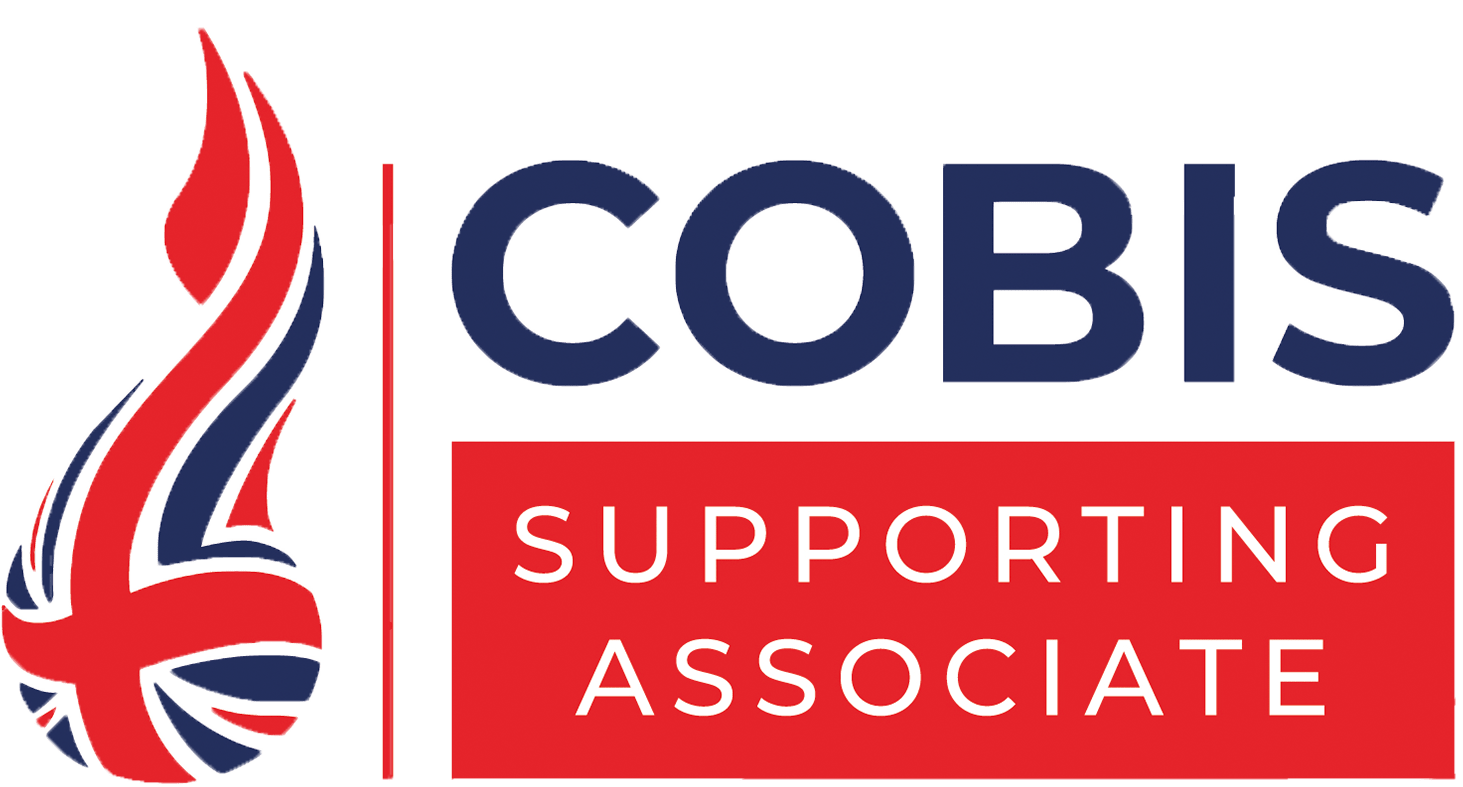This blog post, written by EBE Director Stuart Kime, initially appeared on 9th Dec 2016 on the Education Endowment Foundation’s blog. We worked with the EEF to help develop their new tool for teachers: the Assessing and Monitoring Pupil Progress (AMPP) guide. Here, Stuart explains the thinking behind it and how we hope it will aid assessment in a ‘post-levels’ world.
Assessment – particularly teacher assessment – is one of the great unclaimed prizes of learning. EEF resources, including the Teaching and Learning Toolkit, the growing number of independent evaluations of projects and Guidance Reports, put a heavy emphasis on the value of identifying pupils in need of additional support. This requires good diagnostic assessment, and the effective monitoring of pupil progress. However, ensuring that assessment is efficient, effective and without bias is a considerable challenge.
Now, in a ‘post-levels’ world, and one in which the increased demands of new key stage curricula refocus our attention on assessment, teachers and school leaders find themselves struggling to implement better assessment practices.
Why do they struggle? Ultimately, two factors dominate. Firstly, a system that places significant emphasis on achievement in national tests at various key stages negates the need for teachers to think deeply about assessment. Myriad past papers and their associated marking schemes have dominated schools’ practices for years, leading many professionals to sideline the importance of getting to grips with core assessment principles.
Secondly, assessment is hard to get right and the amount of good quality training dedicated to it – either in initial teacher training (ITT) or throughout teachers’ ongoing professional development – is minimal at best.
But perhaps the withdrawal of levels (along with the introduction of the Progress 8 measure at GCSE) has given us the shake we needed to wake us from sleepwalking any further. Yes, it has caused confusion, and yes it has created problems; above all, though, it has created an environment in which urgent, serious discussions about quality in assessment are being held. It has forced us to be more open about what we don’t know. This doesn’t mean that great assessment is any easier, but it may make it more possible.
In response to the assessment requirements now placed on schools (particularly at Key Stage 3), the EEF and Evidence Based Education have created the Assessing and Monitoring Pupil Progress (AMPP) guide. It is by no means everything that a school needs to assess pupil progress, but it offers a starting point for those struggling to know what good practice might be.
The Carter Review, the Commission on Assessment Without Levels and NAHT, the union for school leaders, have all spoken clearly about the need to develop greater assessment knowledge and expertise in schools, and that is the work of years and of sustained investment. As a starting point, the AMPP guide serves to help this process get under way; it offers a positive step towards a renewed use of assessment as a tool for pedagogy and a revision of what great assessment can offer to teachers, leaders and pupils.
In almost every school I visit to discuss assessment practices, a similar narrative surfaces. Teachers and leaders know they need to assess better and, indeed, they want to; a more effective and efficient approach has potential benefits for all involved (from teacher workload to student feedback). They also know that they often lack the expertise and the time to address the issue well, and that they don’t simply want to reinvent a broken wheel.
I hope that the AMPP guide will be an anchor to these teachers’ and leaders’ discussions, and a support as they begin to assess better.





